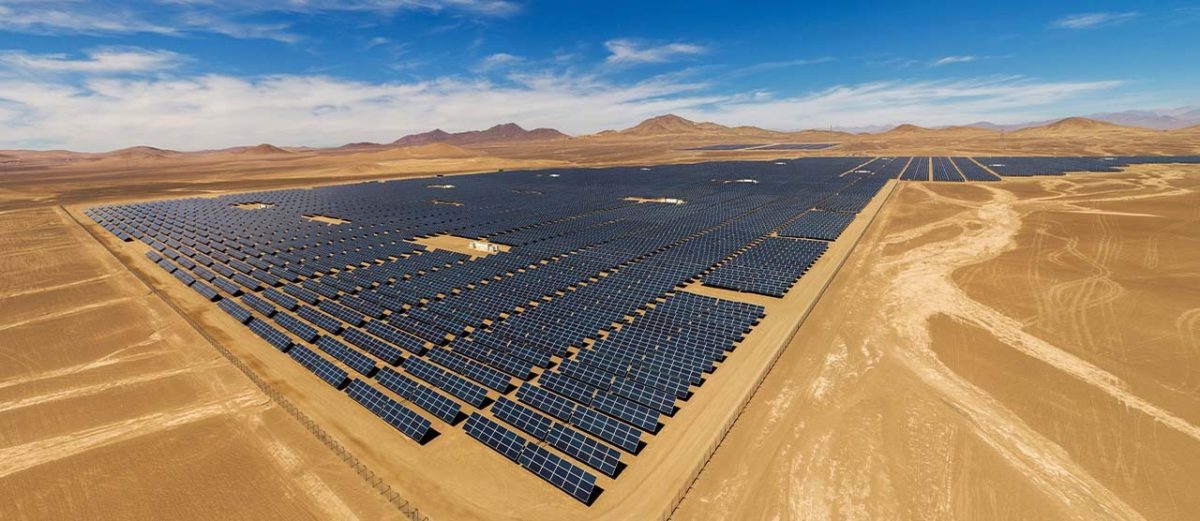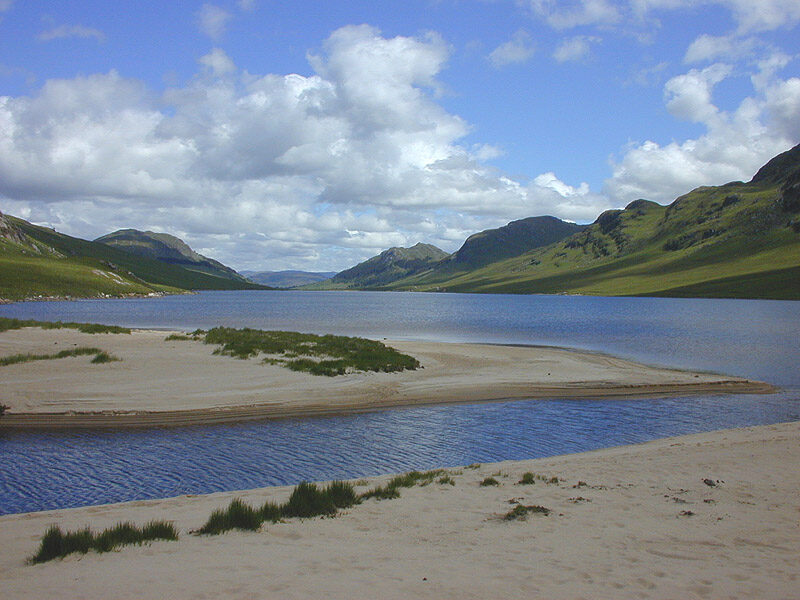From pv magazine LatAm
Chile plans to develop protocols and technical and economic standards for the creation of a domestic industry for second-life PV modules.
The initiative is being led by Chile’s state-run Production Development Corp. (Corfo). It involves solar panel manufacturer Enel Green Power, a unit of Italian utility Enel, and the University of Antofagasta.
The consortium will conduct studies to classify end uses, laboratory tests, and pilot tests to allow the development of new standards. Among the potential beneficiaries of the reuse of panels are communities with poor access to electricity, social housing, agricultural land, and the construction industry.
This project is globally unique, said Enel Green Power Project Manager Daniel Manríquez, “because it will allow the integration of knowledge and real data from public and private entities present in one of the most prolific regions in the world in generation photovoltaic to give a new life cycle to millions of modules.”
Natalia Correa, head of circular economy for Enel Chile, said the initiative can be replicated in other areas related to the circular economy. “We are rethinking our relationship with the planet and its resources,” she said.
Enel is already working with second-life batteries. In Italy, it plans to deploy 5MW/10MWh of second-life batteries at Rome-Fiumicino International Airport, where a 30 MW solar park is now under development. The modular storage system will include different second-life lithium-ion batteries, mainly based on nickel, manganese and cobalt chemistry, with usable storage capacities ranging from 10 kWh to 25 kWh.
This content is protected by copyright and may not be reused. If you want to cooperate with us and would like to reuse some of our content, please contact: editors@pv-magazine.com.



1 comment
By submitting this form you agree to pv magazine using your data for the purposes of publishing your comment.
Your personal data will only be disclosed or otherwise transmitted to third parties for the purposes of spam filtering or if this is necessary for technical maintenance of the website. Any other transfer to third parties will not take place unless this is justified on the basis of applicable data protection regulations or if pv magazine is legally obliged to do so.
You may revoke this consent at any time with effect for the future, in which case your personal data will be deleted immediately. Otherwise, your data will be deleted if pv magazine has processed your request or the purpose of data storage is fulfilled.
Further information on data privacy can be found in our Data Protection Policy.